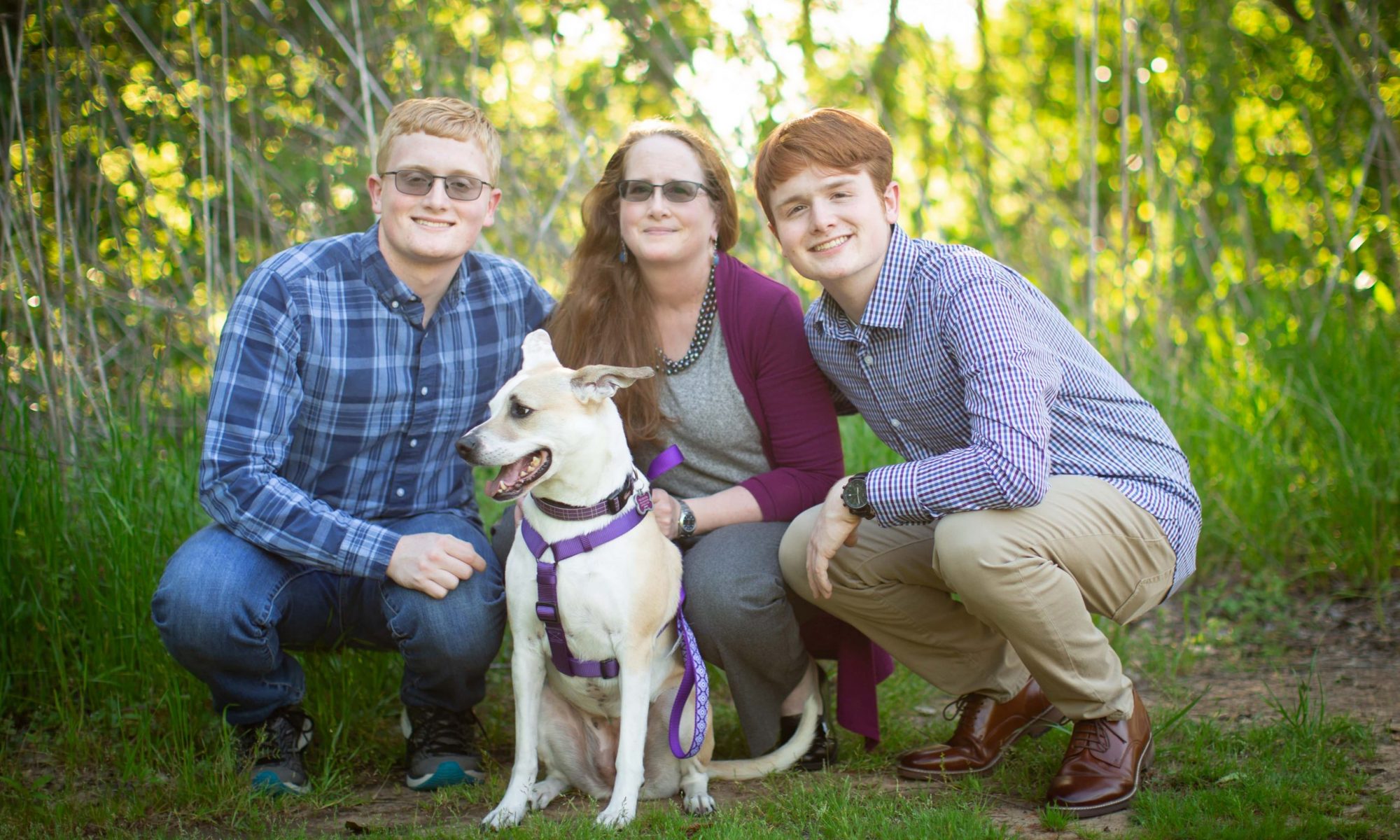Resources to Begin an ADHD Evaluation with Melanie Wick, MD
Attention deficit hyperactivity disorder (ADHD) is a common behavior problem. Studies estimate that between four and twenty percent of US children have ADHD. There are many symptoms of ADHD, they include: restlessness, difficulty paying attention, impulsivity, making noise, fidgeting, talking too much, difficulty completing tasks, disorganized behavior, and others, These problems lead to difficulty at school and at home. Each child may not have all the above symptoms but some combination of these is present in every child with ADHD. The cause of ADHD is not known. Studies have shown that can “run in families”, but an exact reason for has not been determined. All children mature at different rates. It may help to think that ADHD occurs when the part of the brain that controls impulses and attention matures a little too slowly. This becomes a problem when other children at school can pay better attention leaving children with ADHD behind. Many children with ADHD “grow out of it”, learning to control their impulses and pay attention as they grow older. ADHD is not a learning disability, “mental disorder”, or emotional problem. This is often confusing because symptoms of ADHD can be similar to these other conditions. Also, some children may have both ADHD and one or more of these other issues. For these reasons it is very important to completely evaluate each child before making the diagnosis of ADHD. Information from school about grades, attendance, IQ, and interaction with others is needed. It is also important to talk to parents and find out how these problems affect the child at home. Once the diagnosis is made treatment for ADHD can be started. A successful treatment program begins with awareness of the problem and modifications of the home and school environments. Providing shorter work periods at school with more frequent breaks and a quiet place to work can help the child focus his attention. These changes can also help with doing homework and other work at home. Individual and family therapy may also help certain patients who have problems with self-esteem, depression, or anxiety about ADHD. Many children also benefit from medication. Medications that are effective in the treatment of ADHD include stimulants (methylphenidate and dexadrine), nonstimulants (atomoxetine), and antidepressants (imipramine and desipramine). Methylphenidate is the most commonly used medication and comes in many brand name and generic forms. These medications increase the chemicals normally found in the brain which help to inhibit or decrease the problem behaviors. Side effects with these medications are usually minor (headache, stomach ache, appetite changes) and usually go away after the child takes the medication for a few weeks. Discuss your child’s specific behavior problems and your concerns with Dr. Wick. Together we can decide on the best approach and treatment plan for your child’s specific needs. Melanie Wick, MD
I recommend the book ADHD: What Every Parent Needs to Know by Mark L. Wolraich MD FAAP (Author), Joseph F. Hagan Jr MD FAAP (Author), to help families learn more about ADHD and treatment options.
https://www.amazon.com/ADHD-What-Every-Parent-Needs/dp/1610022645/ref=sr_1_3?crid=P4VPHQ3TC6YD&dchild=1&keywords=adhd+what+every+parent+needs+to+know&qid=1586971942&sprefix=adhd+what+%2Caps%2C279&sr=8-3When discussing ADHD with your child the book All Dogs Have ADHD by Kathy Hoopmann provides descriptions of ADHD that children can understand.
https://www.amazon.com/Dogs-Have-ADHD-Kathy-Hoopmann/dp/1843106515/ref=sr_1_2?dchild=1&keywords=all+dogs+adhd&qid=1586972064&sr=8-2I also recommend the ADHD Parents Medication Guide. This information for parents was developed by the American Psychiatric Association and the American Academy of Child and Adolescent Psychiatry, and can also be found online at parentsmedguide.org.
